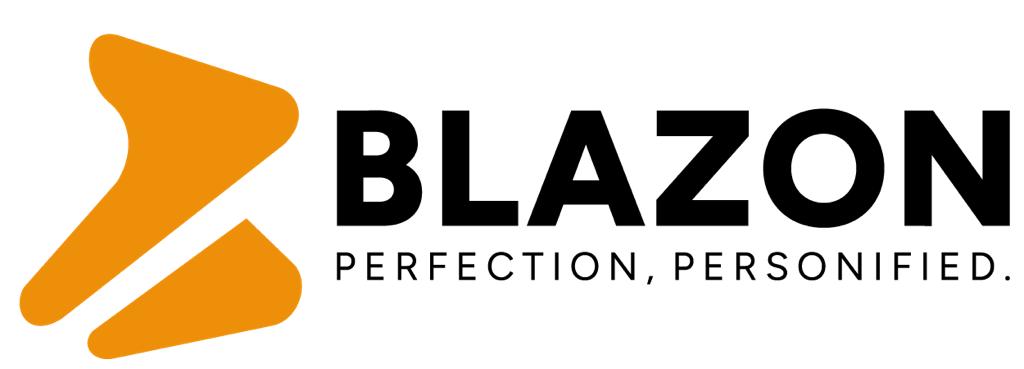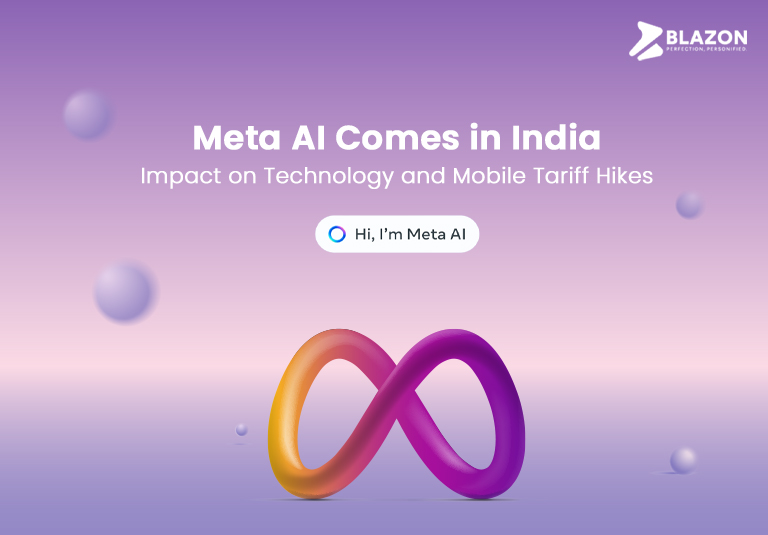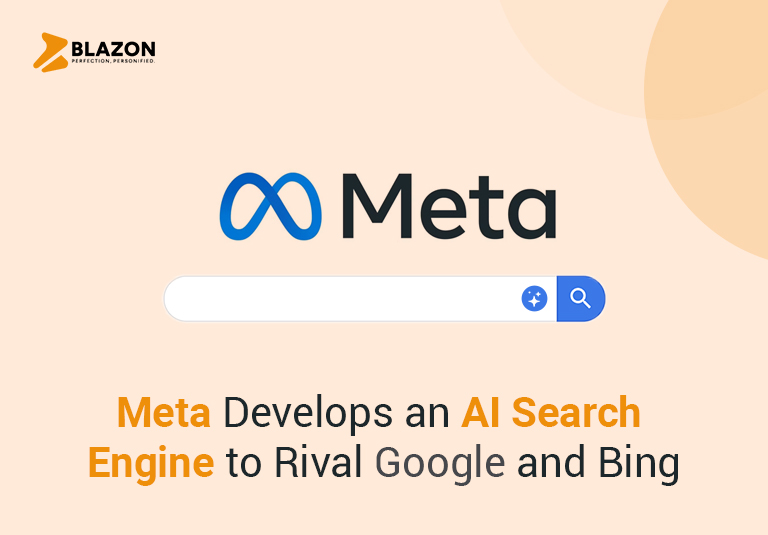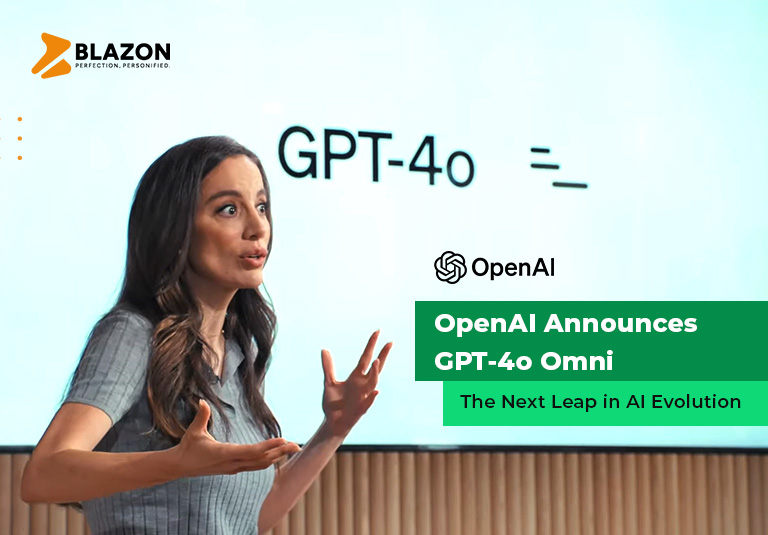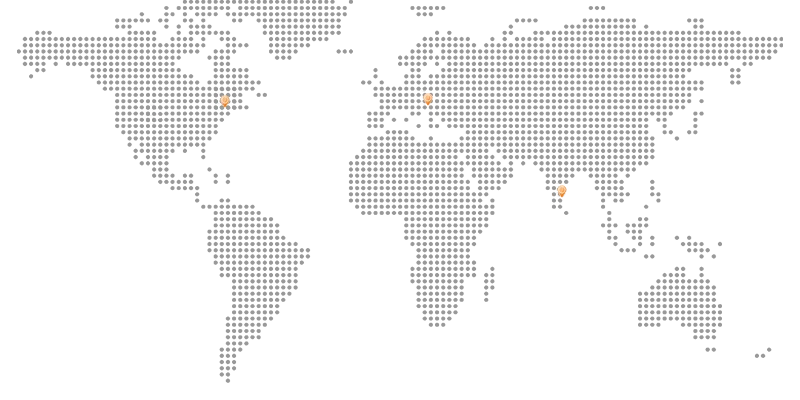When Meta AI decided to bring its cutting-edge technology to India, it wasn’t just another tech company expanding its reach. It marked a significant shift in how AI would influence one of the world’s fastest-growing markets. The entry of Meta AI into India promises to revolutionize technology while also triggering discussions around mobile tariff hikes. So, let’s dive into what this means for the average Indian consumer and the broader tech landscape.
A New Era of AI in India
Meta AI, the brainchild of Meta (formerly Facebook), represents a leap forward in artificial intelligence. From advanced machine learning algorithms to sophisticated data analytics, Meta AI aims to integrate seamlessly into various sectors. Its applications are vast, ranging from healthcare and education to entertainment and customer service. But what makes its entry into India particularly exciting?
India, with its vast and diverse population, offers a unique testing ground for AI technologies. The country’s rapid digital transformation, fueled by widespread smartphone adoption and increasing internet penetration, provides an ideal environment for AI innovations. Meta AI’s foray into this market could lead to groundbreaking advancements that are tailored to the unique needs and challenges of the Indian populace.
Source: meta.ai
Meta AI’s Integration with Popular Platforms
Meta AI is not just a standalone service but is integrated into widely used platforms like Facebook, Instagram, WhatsApp, and Messenger in India. Leveraging its Llama 3 capabilities, Meta AI offers features like conversational style chats, image generation, and converting images into animated clips. These services are available for free on both mobile and desktop platforms, making advanced AI accessible to a broad audience.
The Ripple Effect on Mobile Tariffs
While the technological advancements brought by Meta AI are undoubtedly exciting, there’s another aspect that has caught the attention of many – the potential impact on mobile tariffs. India has one of the most competitive telecom markets in the world, with low tariffs being a major draw for consumers. However, the incorporation of advanced AI technologies could alter this dynamic.
Why Tariffs Might Rise
- Investment in Infrastructure: Implementing AI technologies requires significant investment in infrastructure, including data centers, high-speed internet, and advanced networking solutions. Telecom companies might pass on some of these costs to consumers.
- Data Consumption: AI applications, especially those involving real-time data processing and streaming, can lead to increased data consumption. As usage patterns change, telecom providers might revise their tariff plans to manage the higher demand.
- Value-Added Services: With the introduction of AI-driven services, telecom companies might offer premium plans that include access to these advanced features. While this can enhance the user experience, it could also come with a higher price tag.
Balancing Innovation and Affordability
The challenge for telecom companies will be to balance the need for innovation with affordability.
Here are a few ways this balance might be achieved:
- Tiered Pricing Plans: Offering a range of pricing plans can cater to different segments of the market. Basic plans can remain affordable, while premium plans can include AI-driven features for those willing to pay extra.
- Subsidies and Incentives: Government subsidies and incentives for AI infrastructure development can help reduce the financial burden on telecom companies, keeping tariffs in check.
- Collaborations and Partnerships: Partnerships between telecom providers and AI companies like Meta can lead to cost-sharing arrangements, reducing the impact on consumers.
Current Scenario: Airtel, Jio, and Vi Announce Tariff Hikes
As Meta AI integrates its services into popular platforms, major telecom service providers in India, including Airtel, Jio, and Vi, have announced significant tariff hikes. Mobile recharge plans from these providers have increased by up to 25% to achieve an average revenue target of Rs 300 per month. Airtel and Jio continue to offer unlimited 5G data, but this benefit now requires a plan with a minimum 2 GB per day 4G data limit. These updated plans will be implemented in early July. Jio provides an option for users to stack existing plans to save money before July 3.
The Road Ahead
The entry of Meta AI into India is a double-edged sword. On one hand, it promises to bring about significant technological advancements that can improve lives and drive economic growth. On the other hand, it might lead to higher mobile tariffs, affecting affordability for many consumers.
However, the overall impact is likely to be positive. As AI technologies become more integrated into daily life, the benefits – from improved healthcare and education to enhanced customer experiences – will outweigh the potential downsides. Moreover, competition in the telecom market is likely to keep a check on tariff hikes, ensuring that consumers continue to enjoy affordable services.
Conclusion
Meta AI’s comes in India is a milestone in the country’s tech journey. It brings the promise of innovative solutions tailored to the unique challenges and opportunities of the Indian market. While there might be some concerns about rising mobile tariffs, the overall benefits of AI integration are likely to be substantial.
As India embraces this new wave of technology, it’s an exciting time for both consumers and businesses. The future is bright, and with the right balance, Meta AI’s presence in India could usher in a new era of growth, innovation, and enhanced quality of life.
